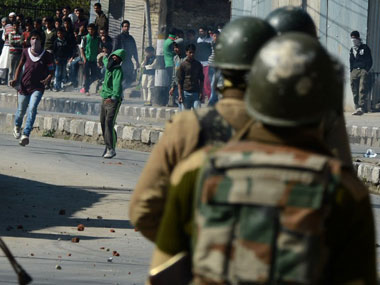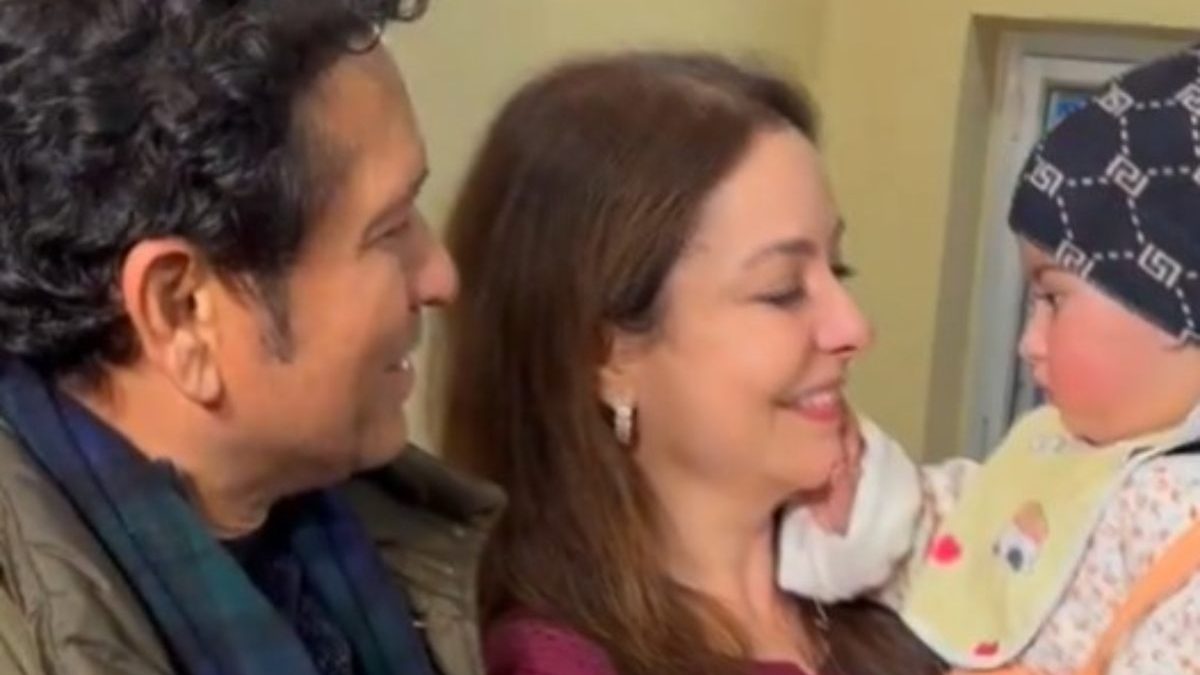“When you push us towards the wall, we have no other option but to dismantle the borders. And I am talking this in a very metaphorical sense.”
Speaking to CNN-IBN, this was what a young man from Kashmir said about the repercussions of hanging Afzal Guru and not returning his body to his family. Dismantling borders, as he said, might be metaphorical but the alienation young people feel in the valley is very real. And palpable when they express why they feel this level of disenchantment with the Indian state.
Though most of the young people make a difference between the hanging of Maqbool Bhatt and Afzal Guru, they feel that for most ordinary Kashmiris they carry the same meaning - that of alienation and oppression.
“They have this notion that this thing happened to him because he was a Kashmiri. The youth who so far believed in peaceful means of protest may not believe in it any more. We are not being able to express ourselves. Many youth are in jails. So, what kind of democracy is this that they can do anything?”, a young student said.
The hanging of Afzal Guru has sparked off not just a violent unrest in Kashmir, but it has also undone the little progress the peace process had seen over the years. For the first time since the peace process started - the youth have again turned to support fringe jihadi groups. And that is where the real danger lies.
A young student said, “Before the assassination I did not think that there will be unrest in Kashmir again. But after the hanging I am seeing pro-Taliban graffiti on the walls of Kashmir again. That is haunting and that haunts me.”
“There is no place for peaceful protest in Kashmir. Even if you are expressing your voice peacefully you know you might be persecuted with the harshest of laws. 15-year old boys are booked under harsh acts, what else do you want?. Of course you will take a more violent stance when you return from jail because you were sent to jail when you were just 15.
Do these young people think that Kashmir still has a future with India? Are they in favour of independent Kashmir, which has been the long standing demand of many azaadi groups?
“My conscience will not allow me to say that I am an Indian. But realistically speaking, the future of Kashmir lies with a progressing and prosperous India. We don’t care about nationality. We want a life with dignity,” the young man said.
Watch the entire discussion with the students of Kashmir aired on CNN-IBN in the video above.
)
)
)
)
)